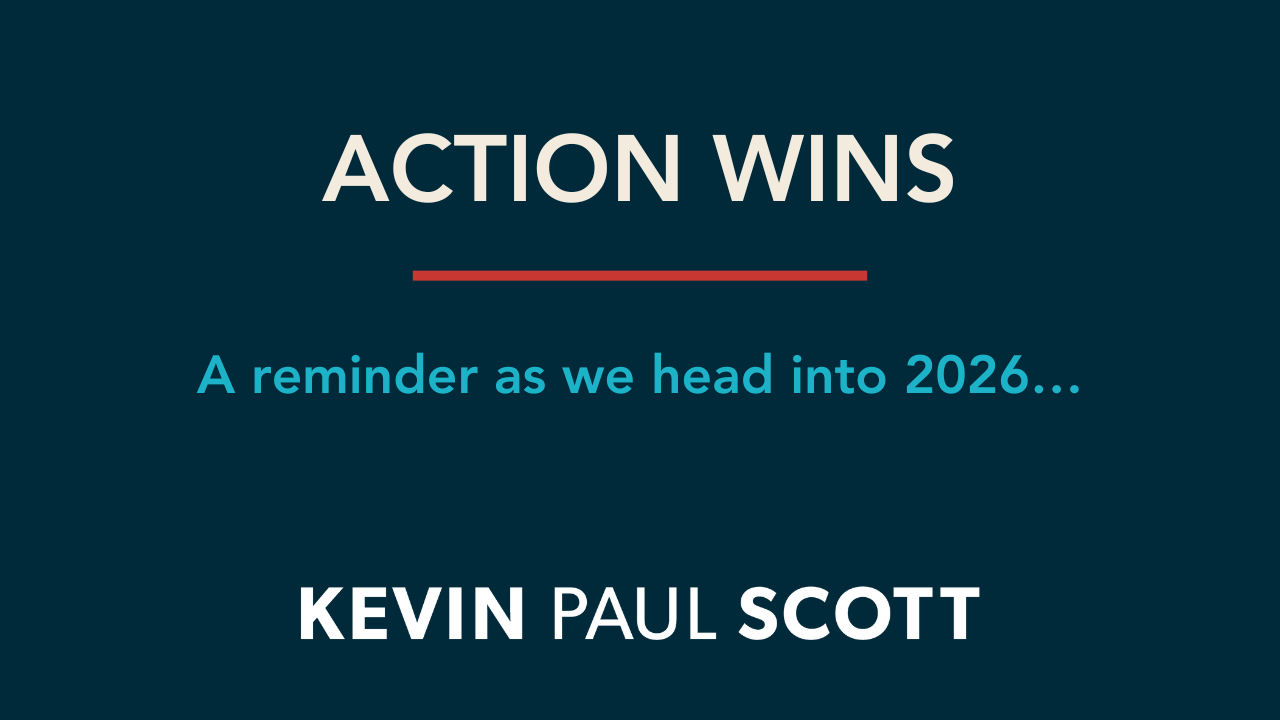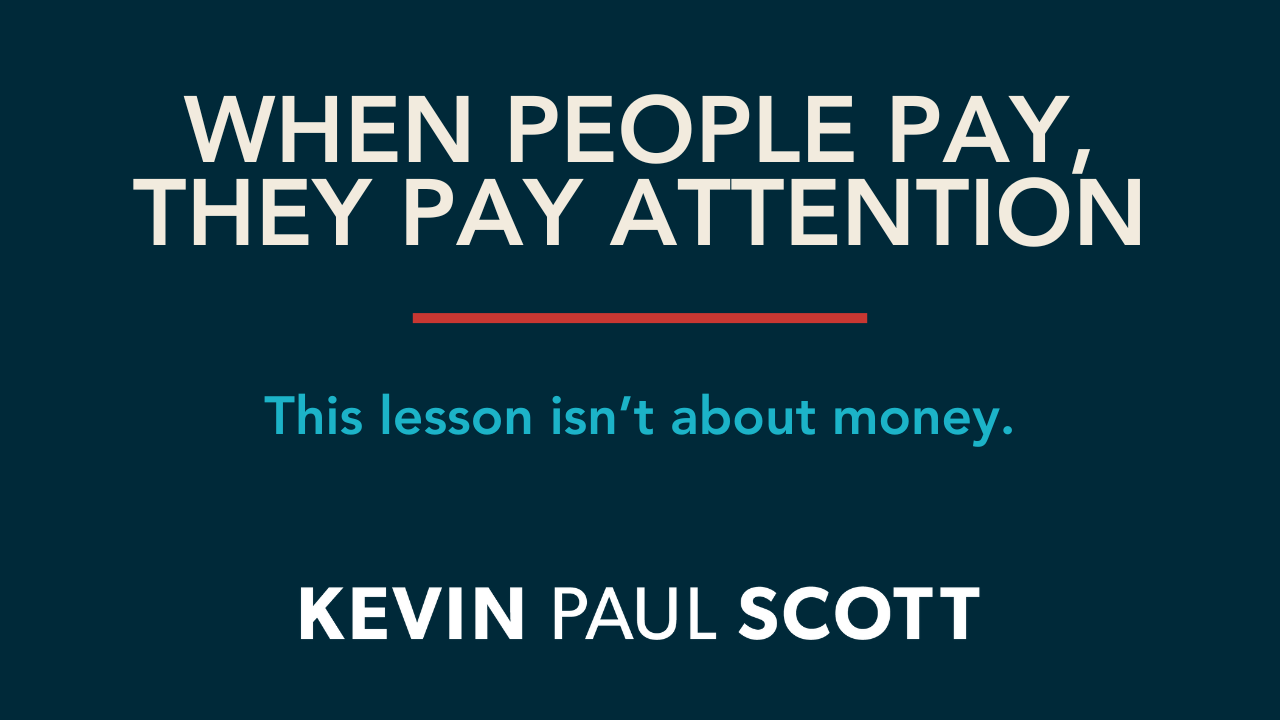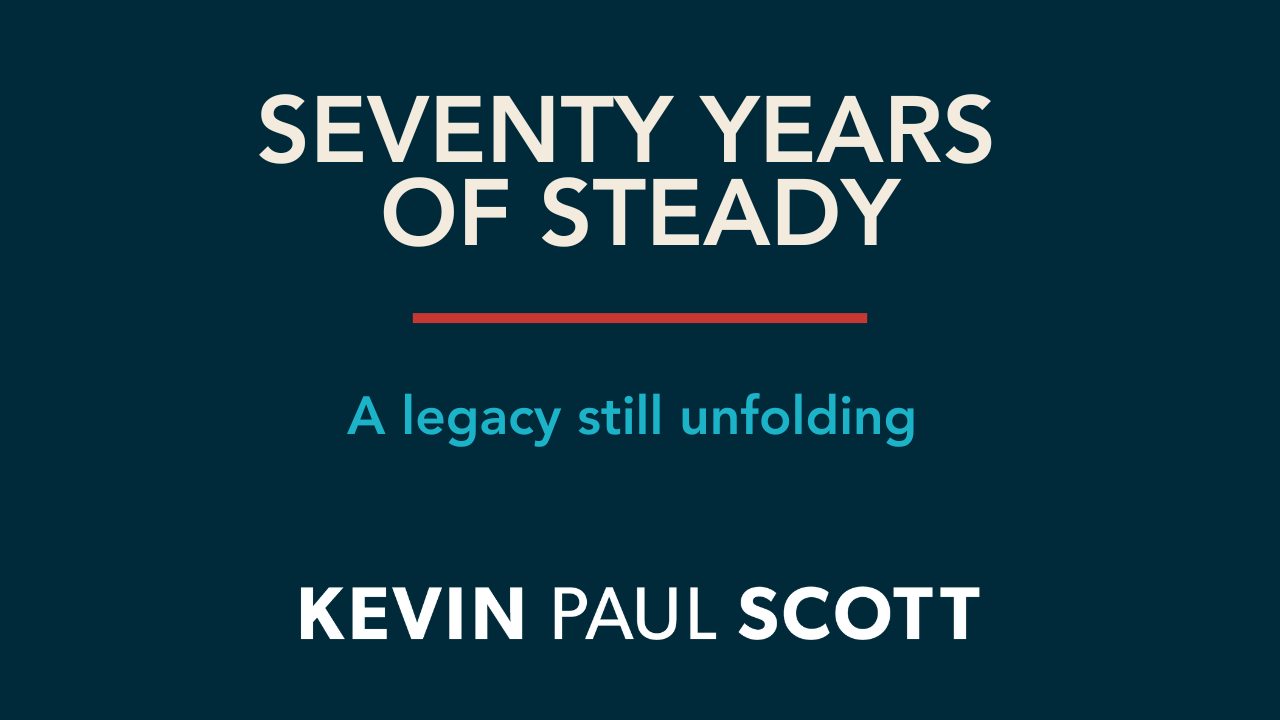Last week, I had lunch with a sharp young professional I’ve known for years. We first met when he went through one of ADDO’s leadership development programs we did alongside the Atlanta Braves. Even back then, his potential was obvious. In college, he led the largest on-campus philanthropy, served as president of his fraternity, and left behind a track record most people would be proud to hang their hat on.
Over the last year he’s stepped into his first full-time job—and he’s feeling something most leaders eventually encounter: the tension between humility and hubris.
Hubris is self-confidence, and at an appropriate level, it’s something he wants to bring into this next chapter. The assuredness to show future employers and teammates that he’s not just another recent grad.
At the same time, he’s also aware that the real world is different from campus life. There are people around him with decades more experience. He knows he has a lot to learn, and thus, needs to exhibit humility.
He asked, “How do I own what I bring to the table… without acting like I know everything?”
That question? That’s a leadership tension no one talks about enough.
It’s easy to slip too far in either direction.
Some leaders enter new spaces with a kind of magnetic swagger. They dominate the room. They lead with volume, not value. I’ve been there. When Garrett and I, along with two other great leaders, launched Global LEAD, we were young, bold, and brash. During an appearance on CNN they called us “the Peace Corps of the 21st Century.” Why? Because we asked them to!
Good branding? Sure.
A lot of hubris? You could say that.
If we’re not careful, we can slip into a mode where we forget how much we still have to learn. You start believing your own headlines. That’s hubris.
But the other danger? Swinging too far in the other direction.
The one where we underestimate our value and minimize our contributions.
It’s the leader who downplays their accomplishments, questions their readiness, and hesitates to speak up. They’re grounded, yes—but when the moment calls for clarity and confidence, they second-guess instead of step up.
Here’s the paradox:
Humility builds trust. Hubris builds belief.
And the very best leaders I know live in the space between the two.
They listen first—but they speak when it counts.
They’re grounded—but not silent.
They carry quiet confidence, not noisy arrogance.
Even Jesus—often portrayed as gentle and soft-spoken—flipped tables when it mattered. He was humble, but He never wavered in His convictions.
That young professional I had lunch with? He’s not alone. Every leader worth their salt wrestles with this. And it doesn’t go away with age or title.
So here’s my challenge to you:
- If you naturally lean toward hubris, make a conscious move toward humility. Ask more questions. Give more credit. Make space for others.
- If you exhibit humility, make sure to not downplay your value. Speak with boldness. Show people they can trust you when it counts.
Great leaders have enough humility to listen, and just enough hubris to act.


.svg)







